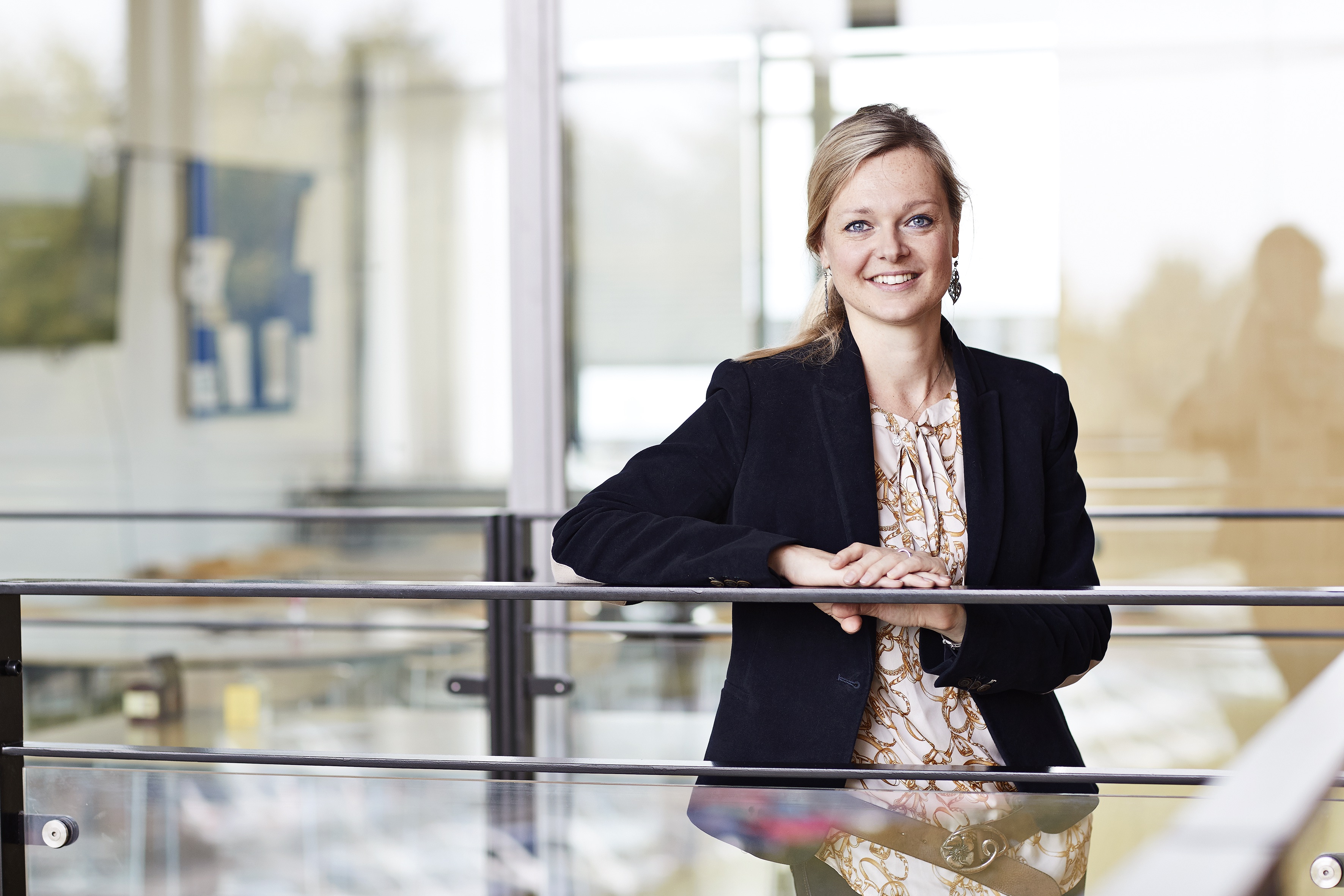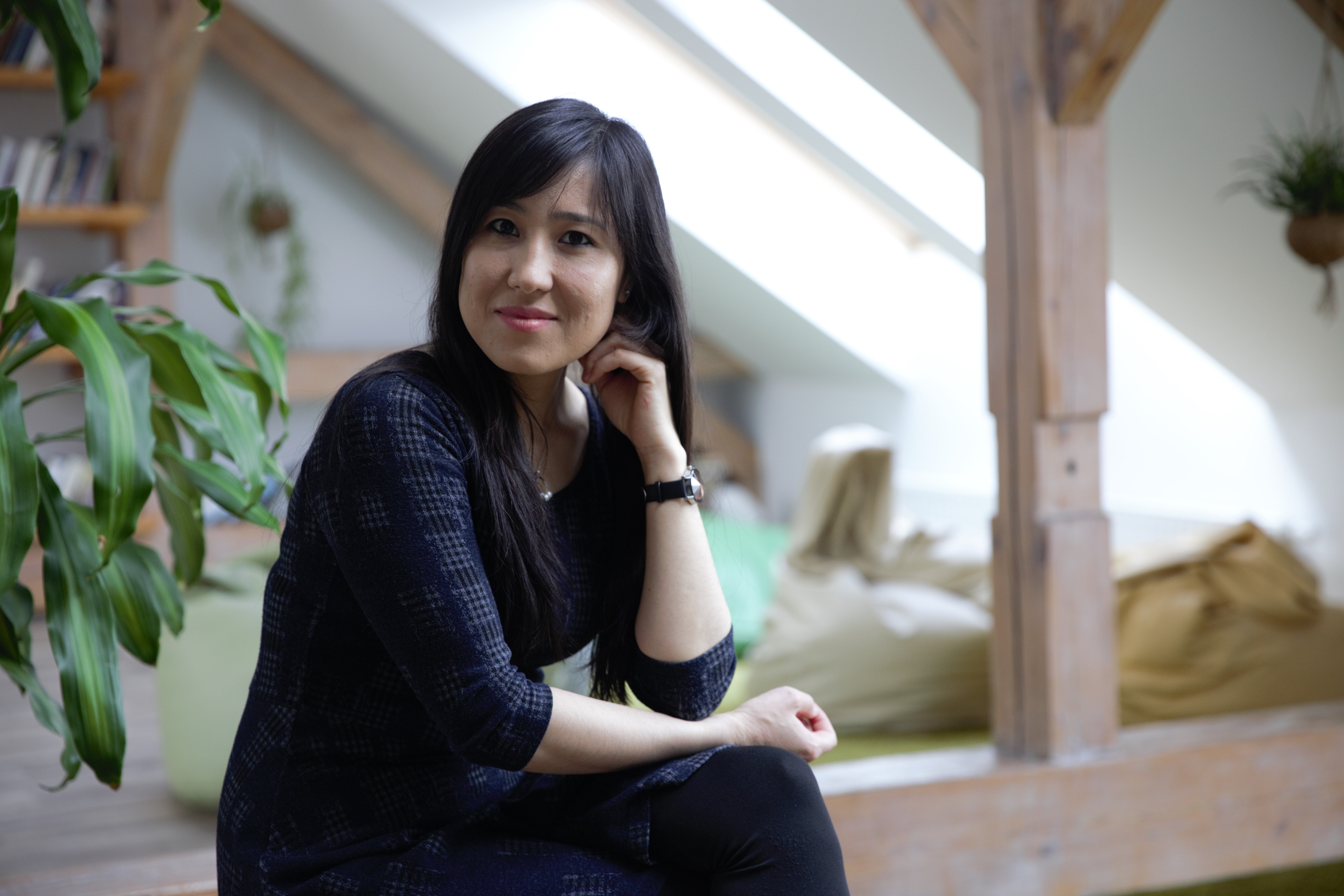
Left: μCT analysis of bone and osmium-stained bone marrow adipose tissue (BMAT) in chow (ND) and high-fat diet (HFD) mice. Right: Isolation protocol of bone marrow skeletal stem cells and their differentiation in osteoblasts (OB) and adipocytes (AD).
In obesity, lipids are accumulated in liver, muscle or cardiovascular system, instead of adipose tissue. Recent studies have shown that bones are also affected, leading to enhanced adipocyte formation in bone marrow (BMAT). Higher BMAT is often associated with bone fragility fractures, an overlooked complication affecting the quality of life. There is limited information on a physiological role of BMAT in relation to bone and whole body energy metabolism. The major focus of the department is on the characterization of the metabolic phenotype of BMAT and its contribution to bone homeostasis and whole body energy metabolism. The research will employ murine and human cellular systems, mice biomodels, clinical studies and molecular, bioanalytical and in vivo phenotyping techniques. It will be conducted within a broad international collaboration.
The department has been newly established in 2019, based on the 5-year "Start Up Research Program" financed by IPHYS.
We always welcome new motivated students from various scientific backgrounds, just contact us via email.
Achievements
Grants awarded to the Tencerova laboratory:
2022: 3-year Research grant from Czech Science Foundation (PI: Michaela Tencerova)
2021: L’Oréal-UNESCO For Women in Science
2021: 3-year Student research grant from GAUK (PI: Andrea Benova)
2020: 5-year EFSD/Novo Nordisk Foundation Future Leaders Award (PI: Michaela Tencerova)
2020: 3-year Research grant from Czech Science Foundation (PI: Michaela Tencerova)
2019: 5-year START UP Research program supported by IPHYS (PI: Michaela Tencerova)
2022: ECTS Academy
More
Publications
Trivanović; D. - Tencerová; Michaela - Herrmann; M. - Green; A. C. - Milovanović; P.
Mediators of Inflammation in Bone Physiology and Diseases
.
Mediators of Inflammation. 2022; 2022(Apr 13)); 9767408
.
IF = 4.529
[ASEP]
[
doi
]
Labella; R. - Little-Letsinger; S. - Avilkina; V. - Sarkis; R. - Tencerová; Michaela - Vlug; A. - Palmisano; B.
Next Generation Bone Marrow Adiposity Researchers: Report From the 1st BMAS Summer School 2021
.
Frontiers in Endocrinology. 2022; 13(Apr 13)); 879588
.
IF = 6.055
[ASEP]
[
doi
]
Figeac; F. - Tencerová; Michaela - Ali; D. - Andersen; T. L. - Appadoo; D. R. Ch. - Kerckhofs; G. - Ditzel; N. - Kowal; J. M. - Rauch; A. - Kassem; M.
Impaired Bone Fracture Healing in Type 2 Diabetes Is Caused by Defective Functions of Skeletal Progenitor Cells
.
Stem Cells. 2022; 40(2); 149-164
.
IF = 5.845
[ASEP]
[
doi
]
Beňová; Andrea - Ferenčáková; Michaela - Bardová; Kristina - Funda; Jiří - Procházka; Jan - Špoutil; František - Čajka; Tomáš - Džubanová; Martina - Balcaen; T. - Kerckhofs; G. - Willekens; W. - van Lenthe; G. H. - Alquicer; Glenda - Pecinová; Alena - Mráček; Tomáš - Horáková; Olga - Rossmeisl; Martin - Kopecký; Jan - Tencerová; Michaela
.
Novel thiazolidinedione analog reduces a negative impact on bone and mesenchymal stem cell properties in obese mice compared to classical thiazolidinediones
.
Molecular Metabolism. 2022; 65(Nov)); 101598
.
IF = 8.568
[ASEP]
[
doi
]
Ali; D. - Tencerová; Michaela - Figeac; F. - Kassem; M. - Jafari; A.
The pathophysiology of osteoporosis in obesity and type 2 diabetes in aging women and men: The mechanisms and roles of increased bone marrow adiposity
.
Frontiers in Endocrinology. 2022; 13(Sep 15)); 981487
.
IF = 6.055
[ASEP]
[
doi
]
Show more







